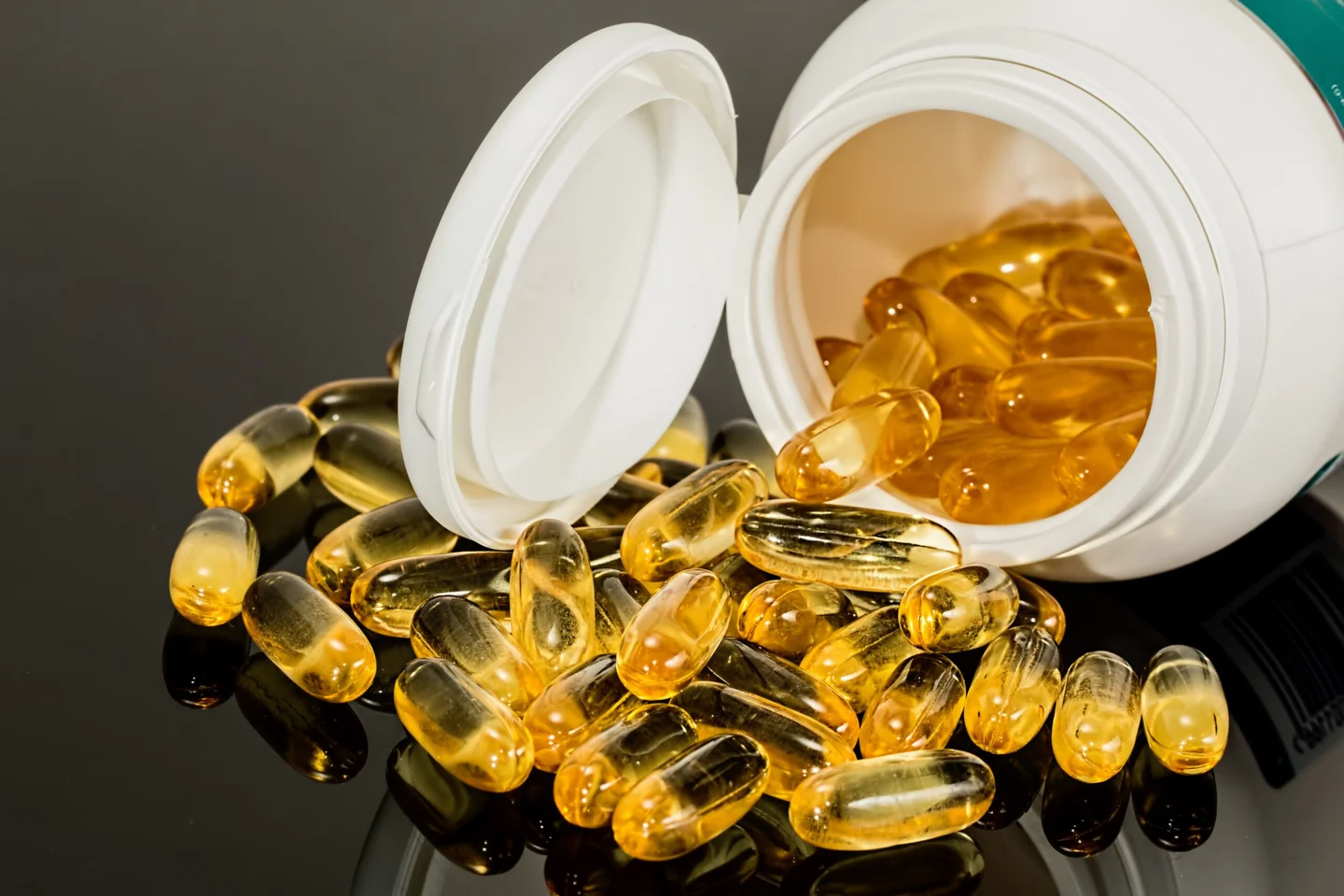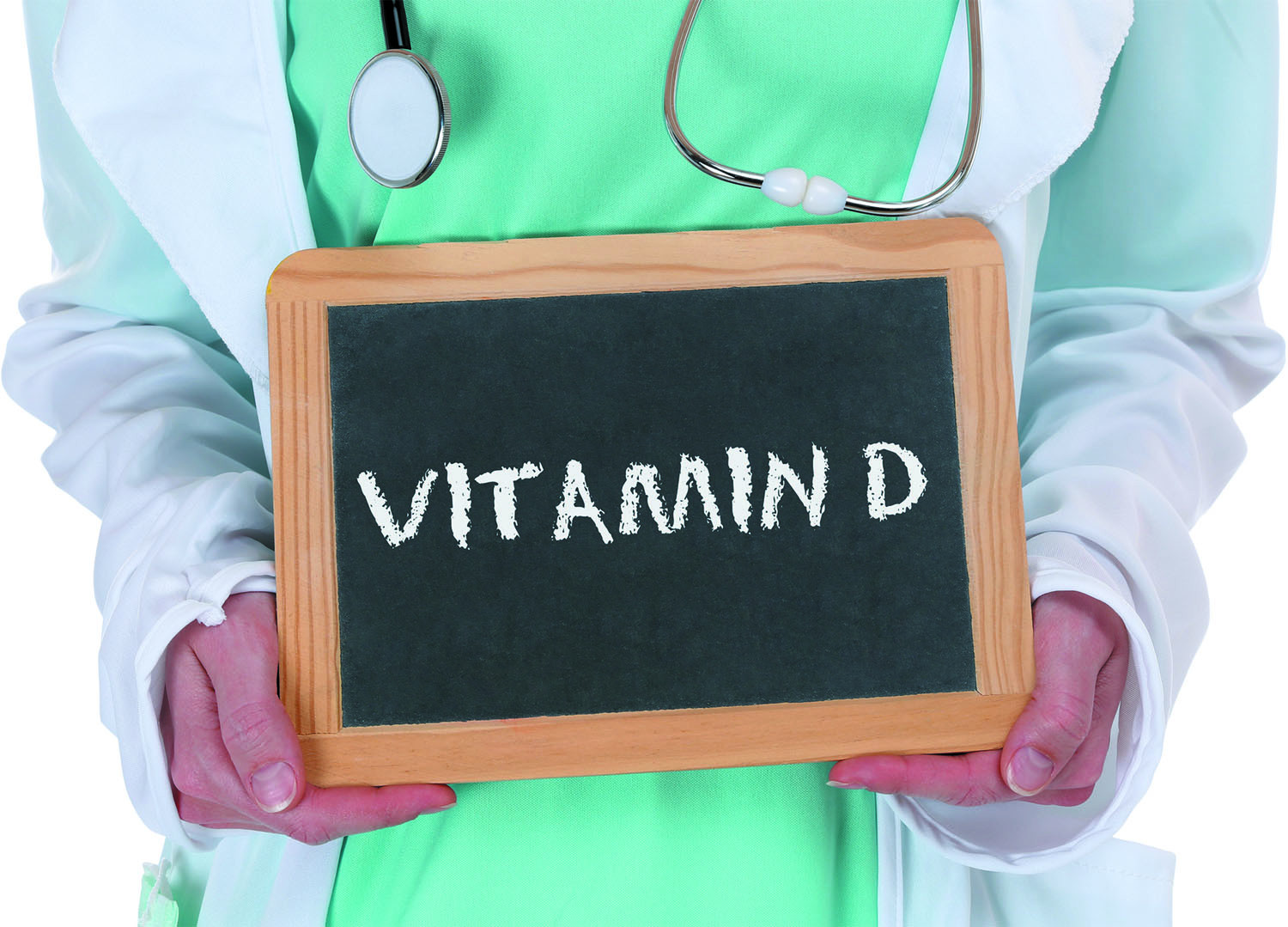Some people take vitamin D pills, especially when it is cold environment and there is not much sunlight. The Sunlight can help your skin making vitamin D ingredient. You might have seen milk with extra vitamin D supplement because it helps your body use calcium to make strong bones. But vitamin D does more than that.

It helps muscles, nerves, your heart, and your immune system work well. Some people don’t get enough vitamin D because they’re older and they have certain diseases, or don’t go outside much.
Your skin needs sunlight to make vitamin D. But pollution, sunscreen, and having darker skin can stop your skin from getting enough sunlight. Even where you live and what time of year it is can affect how much sunlight you get.
You can also get vitamin D from quality food. Some foods, like egg yolks, mushrooms, and fatty fish, have vitamin D naturally. Other foods, like milk, cereal, and juice, have vitamin D added to them. Remember that you can die from having too much vitamin D.
People who don’t have enough vitamin D sometimes take too much to make up for it. Or they take too many supplements along with eating food with vitamin D in it. This can happen over time, not all at once. Too much vitamin D can cause problems like having too much calcium in your blood.
Vitamin D poisoning can make you feel sick. You might throw up, feel weak, or have muscle pain. It can also make you confused, lose your appetite, or feel thirsty all the time. In serious cases, it can cause kidney failure, a weird heartbeat, or death.
If you’re taking vitamin D and feel sick, you should stop taking it and see a doctor. Vitamin D is important for your health, but you don’t need too much of it. It’s best to get vitamin D from sunlight and food. If you’re not sure if you have enough vitamin D, you can ask your doctor to check your blood. And remember, too much sun can be bad for your skin, so be careful when you’re outside.
